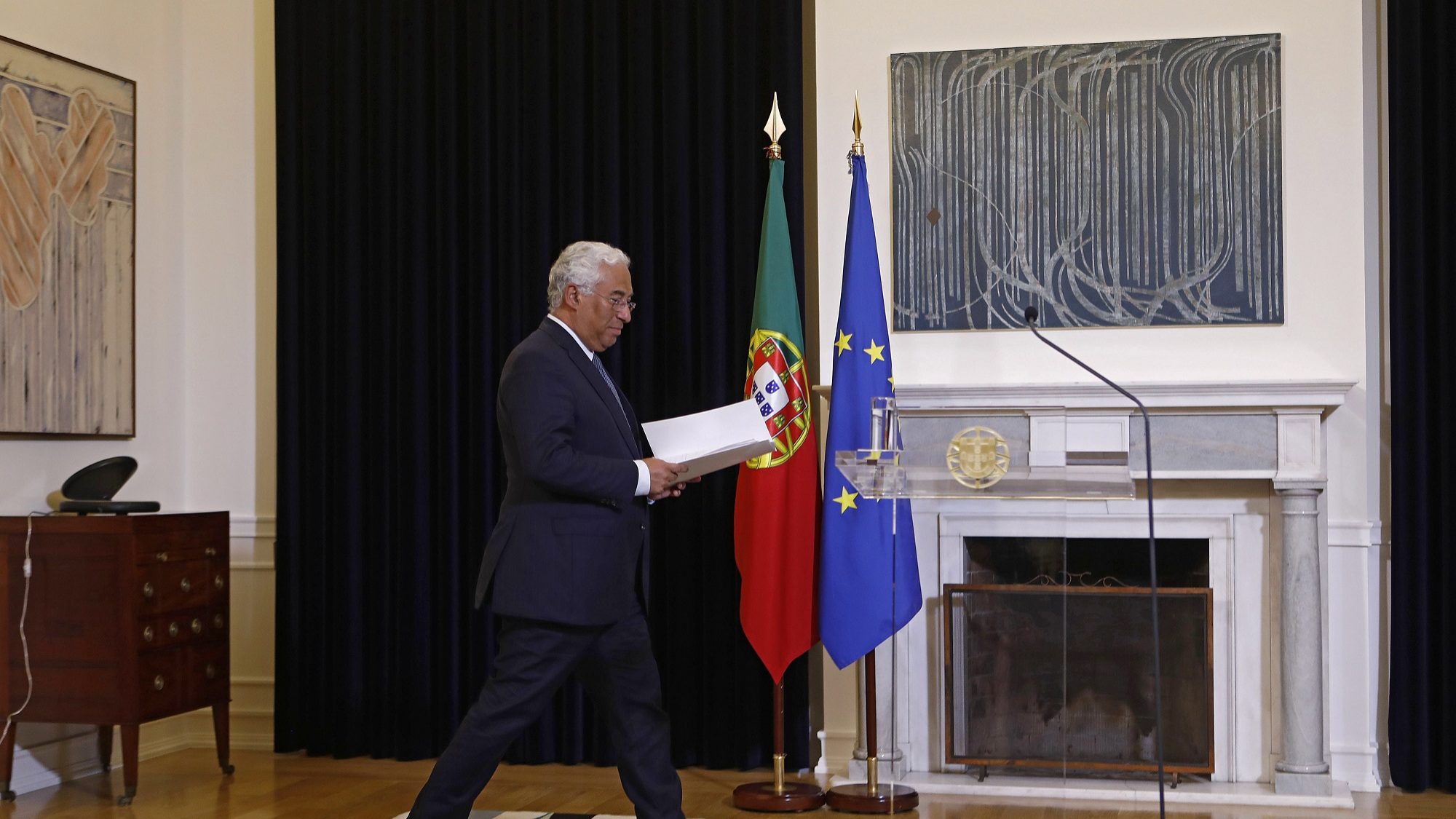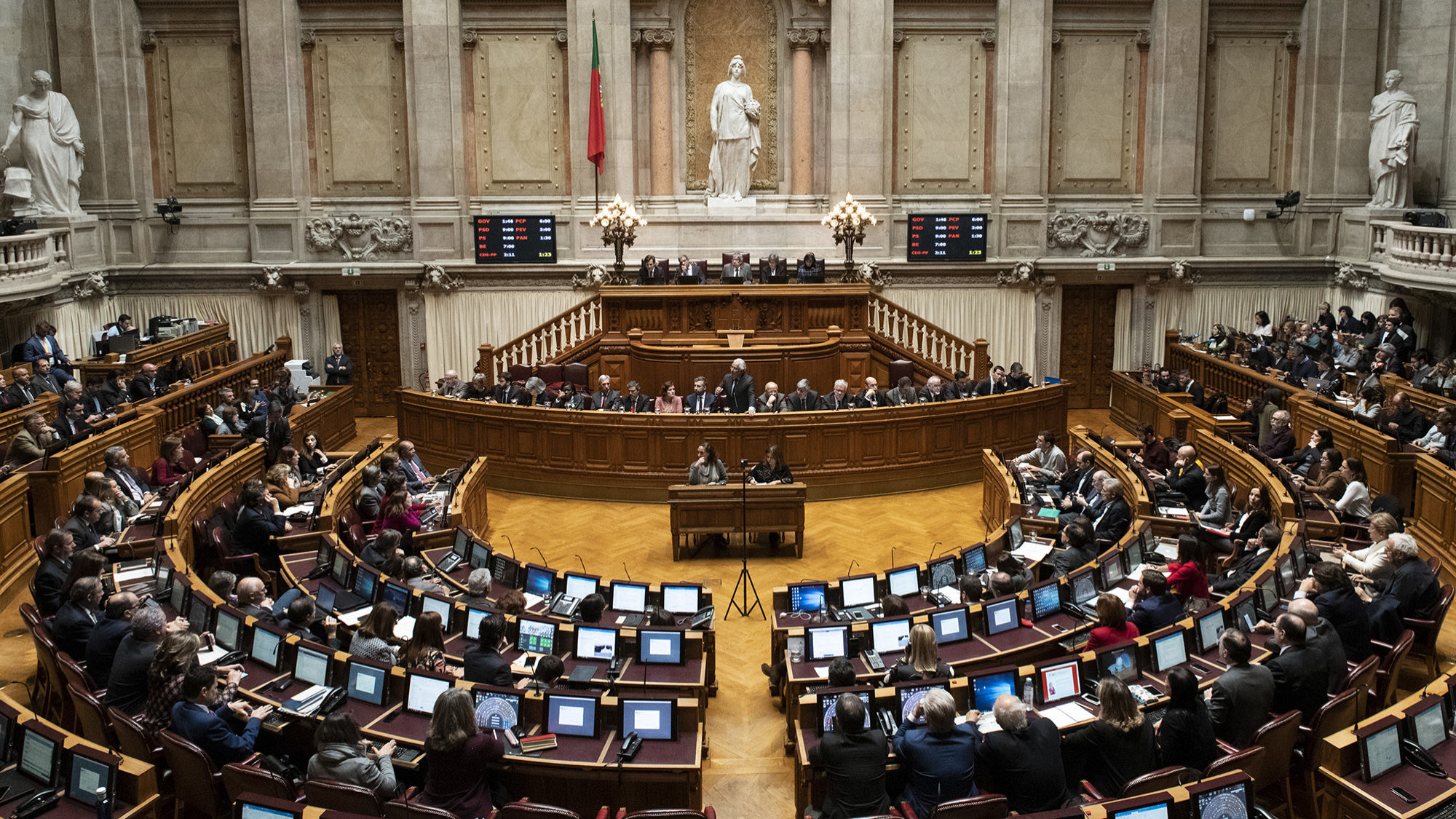Lisbon plans ban on new short-term rental property licenses
Lisbon city councillor for urban planning proposes a ban on new short-term rental, namely on Santa Maria Maior, Misericórdia, Santo António, São Vicente and Arroios parishes.
The Lisbon city councillor for urban planning proposes a ban on new short-term rental accommodation (RLA) registrations in five of the city’s 24 parishes, namely Santa Maria Maior, Misericórdia, Santo António, São Vicente and Arroios.
The proposal suggests that the areas of absolute containment of short-term rental accommodation should correspond to the parishes that present a ratio between the number of RLA establishments and the number of conventional family accommodation “equal to or greater than 15%”, This applies to Santa Maria Maior (71.3%), Misericórdia (47.4%), Santo António (26.7%), São Vicente (17.3%) and Arroios (15.2%), according to the town planning councillor, Joana Almeida (independent elected by the “New Times” PSD/CDS-PP/MPT/PPM/Aliança coalition).
At issue is the proposal to submit to public consultation, “for a period of 30 working days”, the draft amendment of the municipal regulation of short-term rental lodging (RMAL), which will be discussed on Wednesday in a private meeting of the municipal executive.
In this regard, Joana Almeida wants the areas of relative contention to be the parishes or neighbourhoods of the city with a ratio “equal to or greater than 5% and less than 15%”.
At parish level, Estrela (11.6%), Avenidas Novas (7.1%) and Alcântara (5.4%) could be in relative contention.
At the neighbourhood level, there will be nine parishes with areas in relative containment, with a total of 19 neighbourhoods, namely six in the parish of Belém, three in Parque das Nações, two in Ajuda, two in Campo de Ourique, two in Penha de França, one in Beato, one in Marvila, one in Olivais and one in Alvalade.
In the area of the 24 parishes of Lisbon, for the monitoring of the short-term rental accommodation “274 neighbourhoods were delimited resulting from a methodology developed by the Department of Public Spaces in the scope of the programme Uma Praça em Cada Bairro (A Square in Every Neighbourhood)”, later adjusted to the statistical sub-sections of the 2021 Census.
Among the changes proposed to the RMAL is the adequacy of the ratio between short-term rental accommodation establishments and conventional dwellings, underlying the delimitation of the containment areas, at the scale of the parishes and neighbourhoods, which may be absolute, meaning the prohibition of new short-term rental accommodation licenses, or cases where registration is limited.
In the current RMAL, in force since November 2019, absolute containment areas are “homogeneous tourist areas that have a ratio between accommodation establishments and the number of permanent dwellings that is greater than 20%” and relative containment areas are those with a ratio “equal to or greater than 10% and less than 20%”.
“At a time of great sensitivity for the short-term rental accommodation market, we want to bring more stability to an activity that is essential to the income of many families and is very important for the economic dynamics of Lisbon,” says the councillor for urban planning, in a written statement sent to the Lusa agency.
Joana Almeida stresses the importance of adjusting the RMAL to the current reality of the city, “despite the fact that the government has chosen not to listen to the municipalities in the preparation of the More Housing package, which has a significant impact on short-term rental accommodation”.
“We want to regulate the RLA in a logic of balance. We don’t want exclusively tourist neighbourhoods. We want balance, we want diversity. We want life in the neighbourhoods and we want quality of life in the neighbourhoods. Our proposal for revision of the Municipal Regulation for short-term rental lodging follows this principle”, declares the councillor, stressing the reinforcement of monitoring and inspection of this economic activity, to ensure that it is legal and has a positive impact, without negatively affecting the city.
The councillor for urban planning defends the creation of housing solutions for families, “without looking to short-term rental accommodation as a scapegoat for housing problems”, considering that it is necessary to have confidence and stability in the sector, valuing the role of economic agents and avoiding disruptive measures that damage trust between parties.
“We do not want the suspension of new licenses in all urban areas, which in the case of Lisbon would apply to the entire city regardless of the weight of short-term rental accommodation in each parish or neighbourhood. We don’t want the arbitrary application of the concepts of ‘extinguish’, ‘declare forfeit’ or ‘re-evaluate’ licences. We do not want the creation of disproportionate tax penalties for the activity of the local authority”, she said.
Amongst the government’s measures on residential property are the suspension of new licenses for flats and lodging establishments which are part of an autonomous part of a building, the re-evaluation of current licenses in 2030, with the new licenses becoming valid for five years, the creation of a revocation regime for inactive licenses and a new tax regime, which provides for an extraordinary contribution of 20% or a tax exemption if the property is transferred to the long-term rental housing market.


